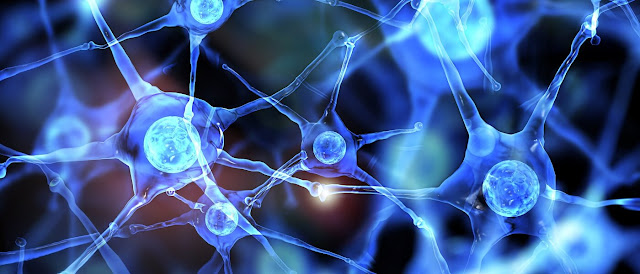Connection Between Hypertension And Stroke
It is a known scientific fact that hypertension or high blood pressure can lead to stroke. Let us look at some of the connections in detail:
- Blood vessels damaged by high blood pressure can narrow, rupture, or leak. The result is that blood clots which can reach your brain, blocking blood flow and potentially causing a stroke. In this case stroke treatment is required.
- Hypertension can silently damage your heart for years before symptoms develop and can lead to a heart attack or stroke. Treatment and lifestyle changes can help control hypertension and reduce the risk of life-threatening cardiac complications.
- Uncontrolled hypertension can cause damage to your arteries as it increases the pressure of blood flowing through your arteries. As a result, it can damage the cells of your arteries' inner lining. When fats from your diet enter your bloodstream, they can collect in the damaged arteries. Eventually, your artery walls become less elastic, limiting blood flow throughout your body. Over time, the constant pressure of blood moving through a weakened artery can cause a section of its wall to enlarge and form a bulge (aneurysm). An aneurysm can potentially rupture and cause life-threatening internal bleeding. Aneurysms can form in any artery, but they are most common in your body's largest artery (aorta).
- It can cause many problems for your heart, including Coronary artery disease. Arteries narrowed and damaged by high blood pressure have trouble supplying blood to your heart. When blood doesn't flow freely to your heart, it can result in chest pain (angina), irregular heart rhythms (arrhythmias), or a heart attack. Hypertension forces your heart to work harder to pump blood to the rest of your body. This causes part of your heart (left ventricle) to thicken. A thickened left ventricle increases your risk of heart attack, heart failure, and sudden cardiac death.
Stroke treatment is required if hypertension is the reason for cardiac stroke, and you need to consult an experienced heart specialist who has a good track record of treating cardiac ailments.


Comments
Post a Comment